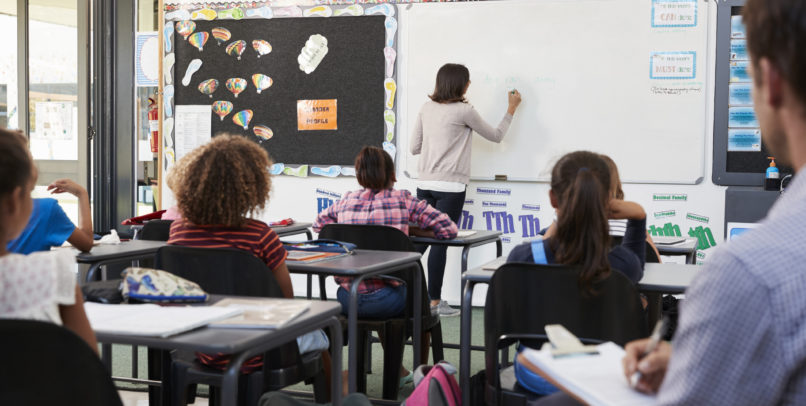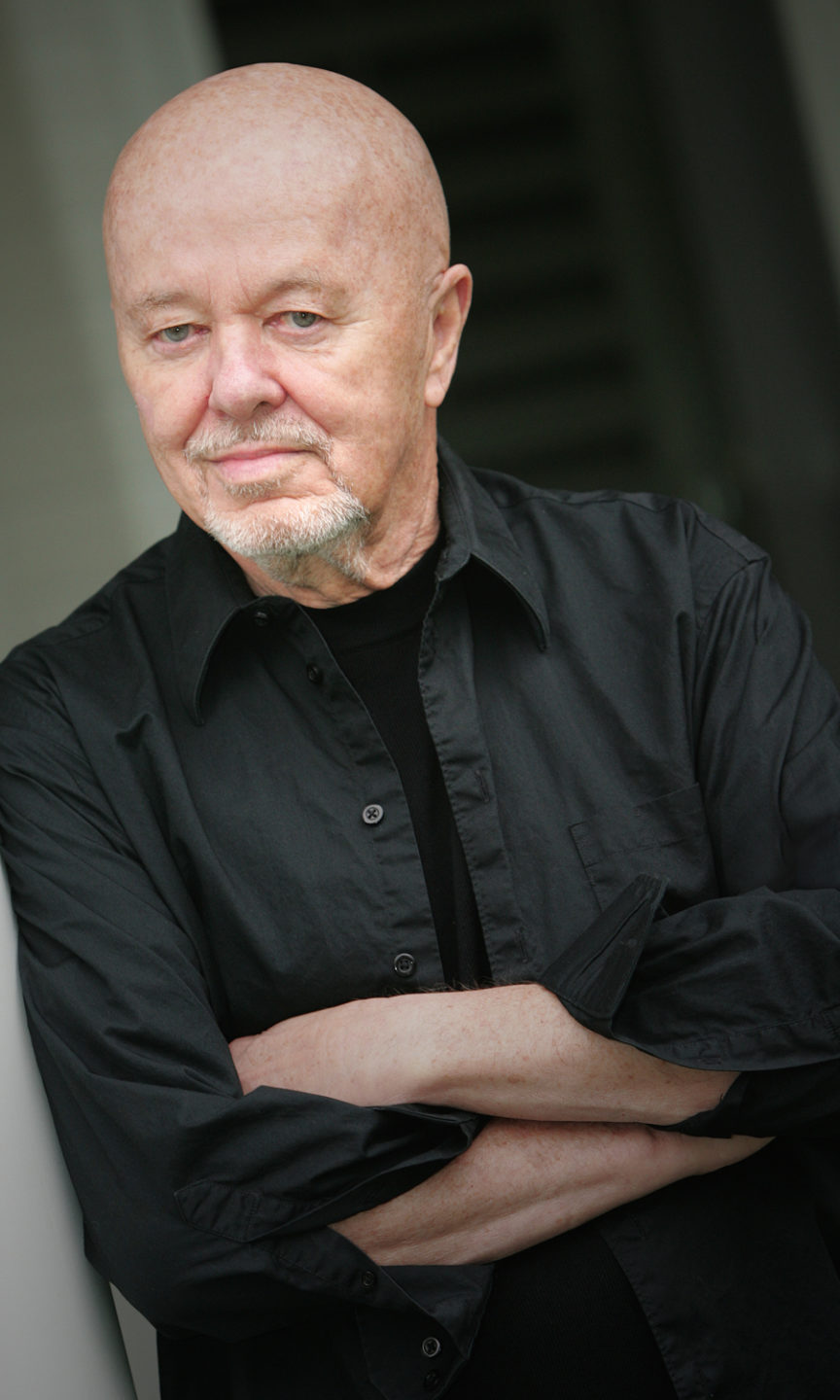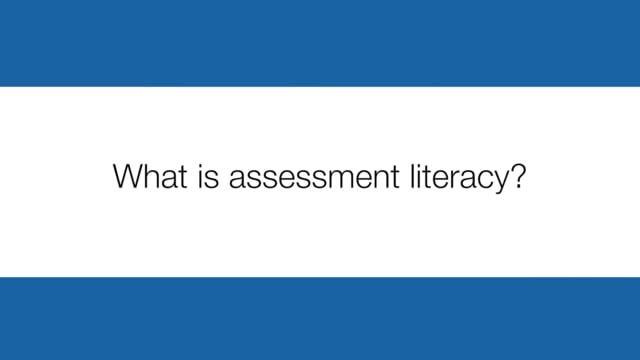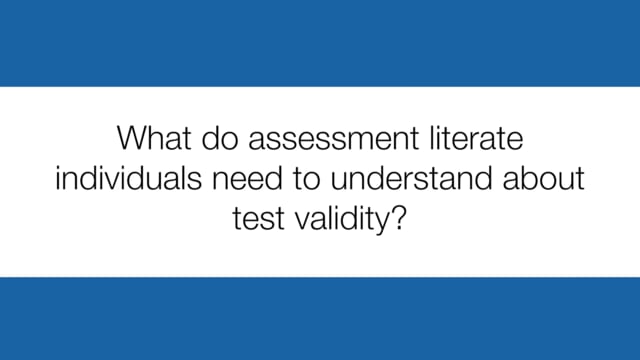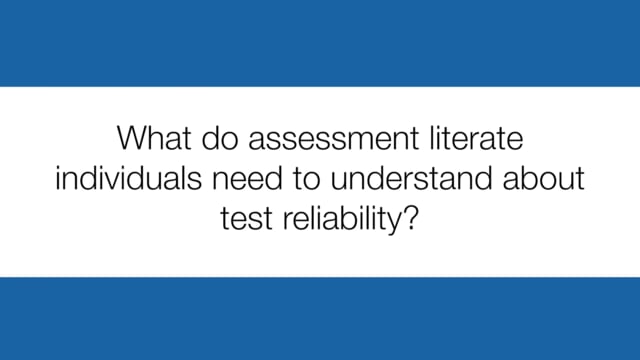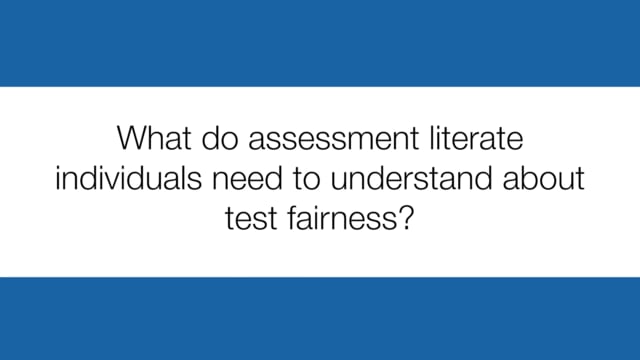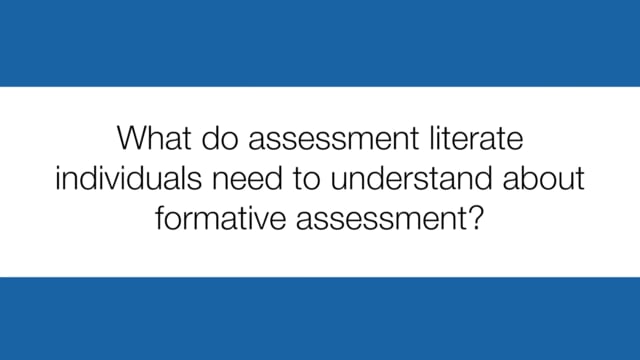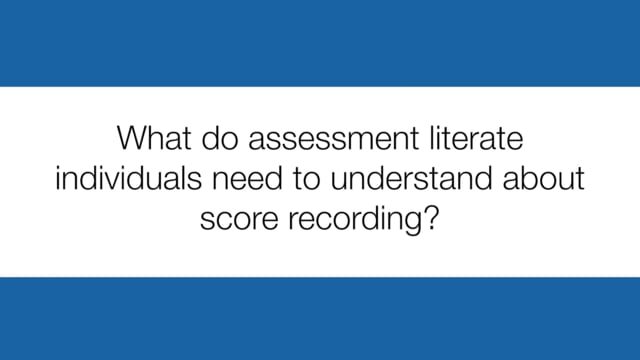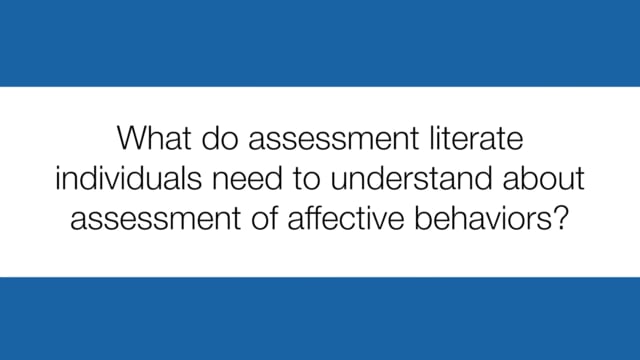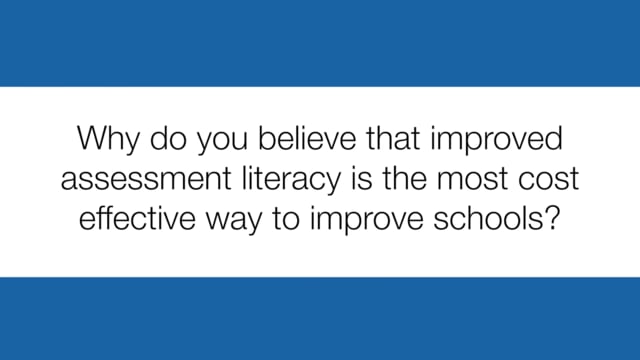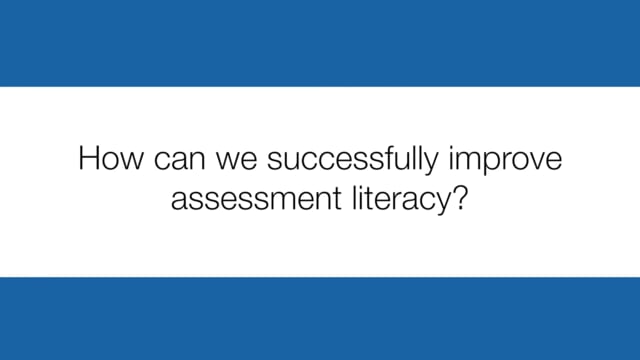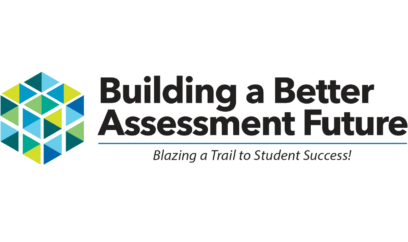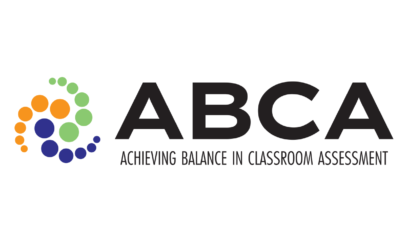This interactive session pertains to the nature of and promotion of “assessment literacy.” It will be interactive not only in its potential for questions or comments from those in attendance, but on several occasions during the presentation activities will be undertaken involving attendees working in pairs or in small groups.
The initial focus of the session will be on reaching a consensus regarding the nature of “assessment literacy.” Given the presenter’s staggering self-regard, he will encourage the group to adopt, at least for this session, his definition of assessment literacy.
A “less-is-more” proposal will then be proffered regarding the breadth of content to be embodied in a practicable but impactful conception of assessment literacy. The presenter will offer his notion of six assessment-related understandings that, in toto, would constitute a suitable set of assessment-significant content. To illustrate one way in which each of these six assessment-related understandings can be addressed, a brief treatment of one of them will be undertaken—featuring structured participation from audience members.
Finally, an exploration will be presented of potential procedures that could, in fact, promote expanded assessment literacy among educators and other groups. The presenter will announce, in advance, a cynical disdain for the most widely touted procedures advocated for this purpose. Attendees will be encouraged to dissent.
FRAMING QUESTIONS
- Comprehension of what collection of understandings regarding assessment-related concepts and procedures would most accurately signify that a person is, indeed, “assessment literate?”
- How can it be most effectively argued that increasing the assessment literacy of educators and other education-related clienteles can be, far and away, the most cost-effective way to improve our schools?
- As a practical matter, how can we successfully improve the assessment literacy of administrators, teachers, educational policymakers, parents of school-age children, members of the general public, and students themselves?
Event Resources
Presenter: W. James Popham
W. James Popham has spent the bulk of his educational career as a teacher. His first teaching assignment, for example, was in a small eastern Oregon high school where he taught English and social studies while serving as yearbook advisor, class sponsor, and unpaid tennis coach.
Most of Dr. Popham's teaching career took place at UCLA where, for nearly 30 years, he taught courses in instructional methods for prospective teachers as well as courses in evaluation and measurement for graduate students. At UCLA he won several distinguished teaching awards. In 2000, for example, he was recognized by UCLA Today as one of UCLA’s top 20 professors of the 20th century.
Dr. Popham has published more than 200 journal articles and more than 30 books. Many of these books have been translated into Spanish, Portuguese, Arabic, French, Farsi, Chinese, Japanese, Korean, and Canadian.


